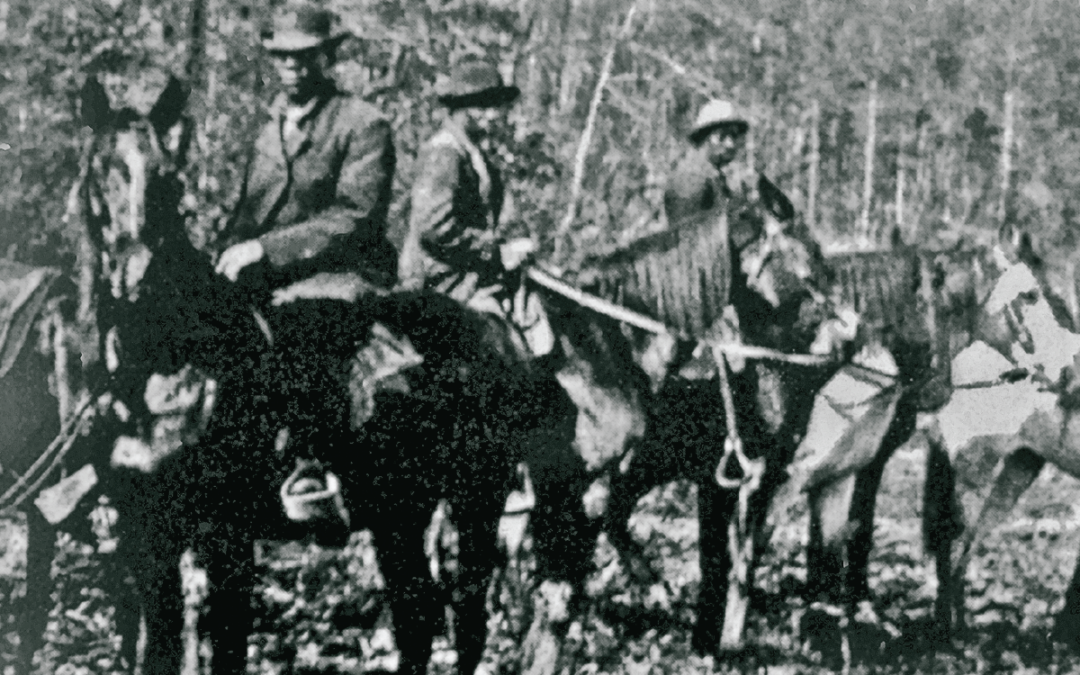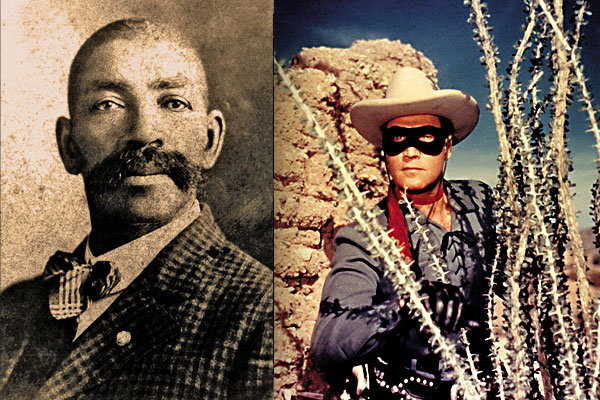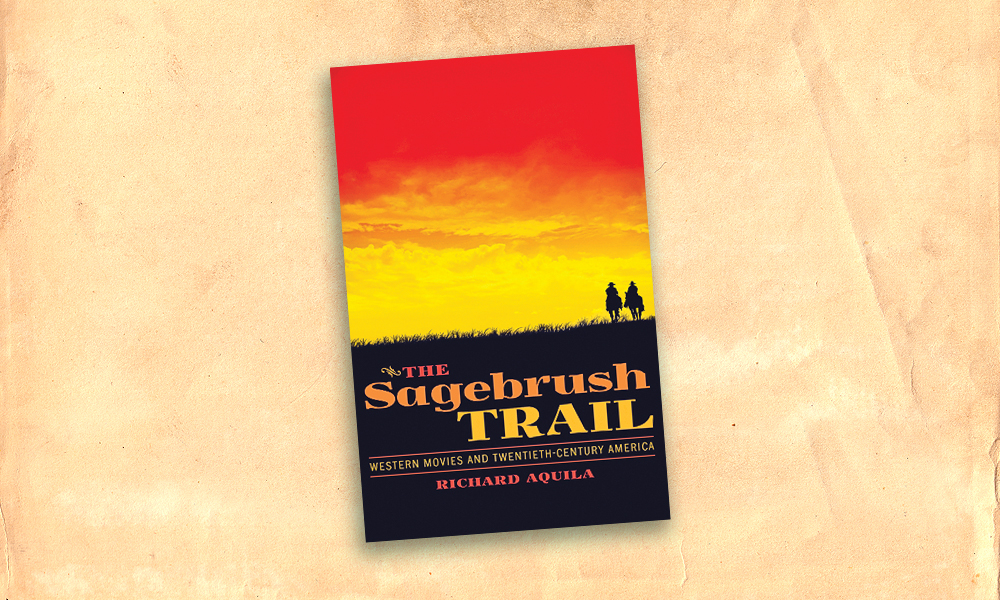For a century, slave-turned-Deputy U.S. Marshal Bass Reeves was legendary among history buffs, but with the general public, he couldn’t get arrested. That changed in 2006, when historian Art T. Burton published his biography of Reeves: Black Gun, Silver Star. Then came the deluge: Reeves was portrayed in over a dozen Westerns, sci-fi and superhero shows like Timeless, Wynonna Earp, Hell on the Border, Watchmen, The Harder They Fall, DC’s Legends of Tomorrow, Corsicana, and the one everyone has actually seen, Taylor Sheridan’s Lawmen: Bass Reeves. In a handful of years, Reeves went from obscurity to Wyatt Earp-like fame, and like Earp, much of that fame is based on misinformation and downright fantasy.
Dana Celeste Robinson’s new documentary, In Search of Bass Reeves, is an invigorating, fact-based telling of the highs and lows of Reeves’s life and career, and clarifies and corrects many misconceptions.
With a BA in English Literature from Clemson, and a University of London Ph.D. in Medieval Studies, Robinson might not seem a likely choice to document Reeves’s life. “The pivot toward documentary filmmaking came…when I spent a weekend in the Welsh countryside visiting with my best friend who is a renowned documentarian. While we explored the great castles of King Edward I, my friend taught me how to use a camera instead of a pen to tell a story. I realized that I was not limited to teaching history in a classroom.”


And this is not her first rodeo, although about making In Search of Doc Holliday, she says, “I was not confident that I was asking the right questions. But when I made Bass Reeves, I knew exactly what questions to ask to tell his story with context.”
She asked many of those questions of Art Burton, who appears throughout the film. “I am not an authority on Bass Reeves,” she explains. “I write scripts based on the research of others, and if I am lucky, I convince those scholars and authors to sit down with me and share their life’s work. I defer to the true expert on Bass Reeves, Art Burton.”
Burton had seen the Doc Holliday film and “was impressed by the scholarship that went into that.” He was happy to be asked to take part. “There are very few documentaries on African-Americans on the Western Frontier. And a lot of people aren’t going to read books, and so a documentary film can help.”

No one plays Reeves in Robinson’s film. “I mentally check out of a documentary that heavily relies on actor reenactments,” she says. “They feel too much like movies. [They] unnecessarily blur the line between fiction and fact. I am far more interested in archival photos, newspaper clips and images or video clips of the land upon which they lived.”
One fascinating aspect of the story, untangled in the film, are the complications of jurisdiction in Indian Territory. Burton says, “The Five Civilized Tribes had sovereign governments. They had a legislature, their own courts, their own police. Deputy Marshals could arrest Native Americans for selling whiskey, which was a federal crime. They could arrest them for crimes against non-Natives. They could arrest White men or Black men who committed crimes against Native Americans. But there were many occasions in which Deputy Marshals arrested Native Americans, got to Fort Smith and found out that the crime was under Native American jurisdiction.”
And rules kept changing. “Recon-struction after the Civil War witnessed the rise of Blacks in law enforcement, government and other areas,” Robinson explains. But with the 1896 Plessy v. Ferguson decision permitting segregation, “the Supreme Court finished off most of the progress that Blacks had achieved after the Civil War. I do not like to make windows into people’s souls, but Bass had to have felt some sense of betrayal. To think that he had faithfully worked to enforce the laws of the government for so many years, only to have the government in essence tell him that while he had dutifully cleared the saloons and towns of outlaws, he could no longer enjoy a drink in those establishments or stay comfortably in those towns. That would be a difficult betrayal for anyone to overcome, but Bass did just that and he continued working in law enforcement.”
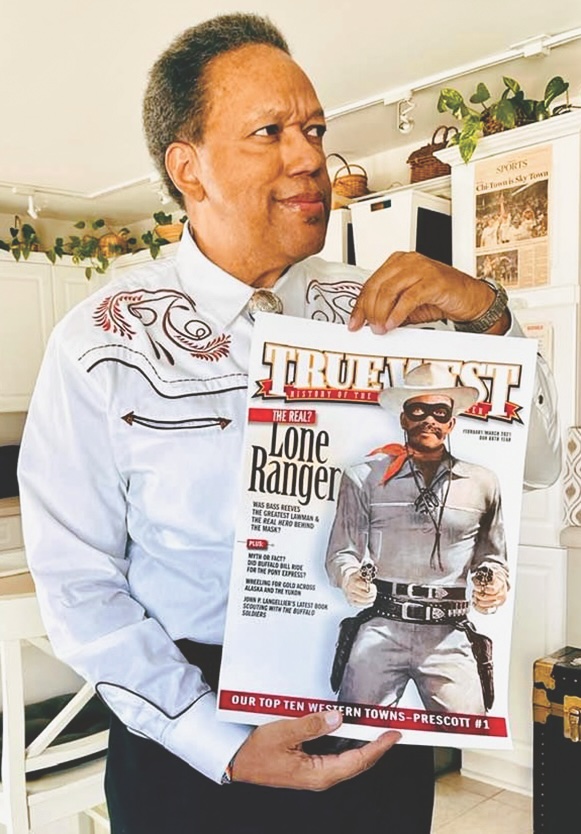
Robinson had another very personal reason for wanting to tell Bass Reeves’s story. “I grew up on a small animal farm in rural South Carolina; my father is very what we call ‘country.’ [He] has watched just about every Western that Hollywood ever produced, yet he knew nothing about Bass Reeves; he didn’t know that there were Black deputy U.S. Marshals in the Old West. I was able to take the film to my father and show him that there were Black Old West heroes, lawmen, homesteaders and outlaws that Hollywood has not portrayed on screen.”


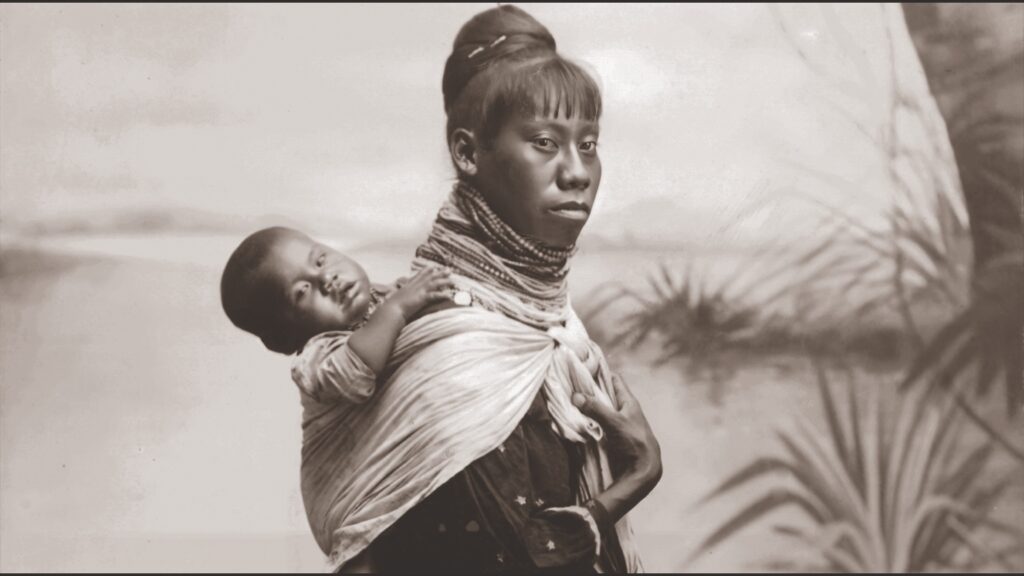

Blu-Ray REVIEW
McCABE & MRS. MILLER
(Criterion, Blu-Ray $39.95, 4K + Blu-Ray $49.95, DVD (two disks) $29.95) In the 1960s, Robert Altman directed TV westerns from Bronco to Bonanza, but watching the endearing McCabe & Mrs. Miller (Warner Bros. 1971), you’d suspect he’d never even seen a Western—Vilmos Zsigmond’s cinematography makes the exteriors cold and blue, snowy or rainy; his interiors are filthy and disheveled as a homeless camp. A slow-moving story not told but overheard, McCabe (Warren Beatty), a dapper operator, arrives in a frontier town with just a deck of cards, and is soon partners with the saloon owner. Lovely, hard-nosed madam Mrs. Miller (Julie Christie) appears, ambitious to upgrade McCabe’s cathouse to a bordello. It’s not a match made in heaven—at first. Thing go awry when their success leads to mining interests wanting to buy them out. Keith Carradine’s brief role is heartbreaking.

Henry C. Parke, Western Film and TV Editor for True West, is a screenwriter, and blogs for the INSP Channel, and at HenrysWesternRoundup.blogspot.com. A book based on his True West columns, The Greatest Westerns Ever Made, was recently published by TwoDot.

